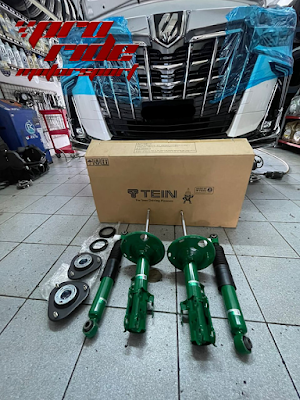Engine Oil and Fuel Efficiency: Getting the Most from Your Engine
Rub your hands together long enough, and you’ll start to feel a buildup of heat. The same applies to the components in your vehicle’s engine.
To work smoothly, they must work closely in tandem while generating intense heat. The harder your engine works, the more fuel it has to burn to compensate for the energy lost through heat and friction.
When this loss of fuel is repeated and multiplied through decades of driving, it adds up to a significant financial loss. Now the choice of minimizing this waste comes down to your choice of engine oil.
The right oil will reduce friction by lubricating contact points so that components don’t need as much energy to work smoothly. Using an oil with the right viscosity improves your engine’s performance, significantly extending its life.
So, what role does engine oil play?
The best engine oil for newer engines
A lower viscosity, full synthetic engine oil such as the Mobil 1TM 0W-20 Advanced Fuel Economy can keep your engine performing like new for up to 20,000 kilometers between oil changes.
Works better for the latest General Motors, Toyota, Honda, Kia and Hyundai vehicles.
With lower viscosity, the lighter oil:
> Reaches critical engine parts quicker
> Offers better fuel economy as it has a lower resistance to flow
> Provides outstanding wear protection
However, there’s more to consider than just low viscosity!
To find the right oil for your engine’s needs, you’ll also have to factor in your driving habits and car manufacturer specifications. Mobil 1 has a range of oils that offer outstanding protection for just about every engine, driving style, weather, road condition and temperature.





Comments